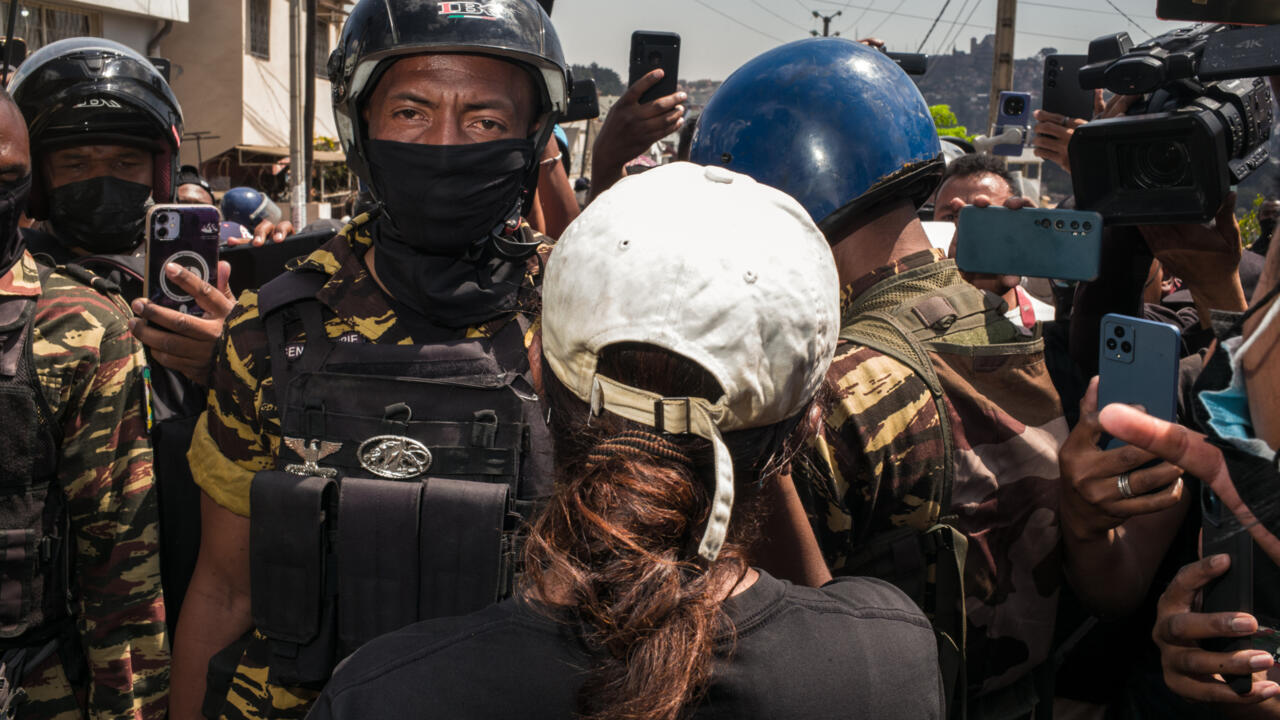
The political and military crisis in Madagascar has entered a volatile new phase after a key army unit aligned itself with anti-government protesters calling for the resignation of President Andry Rajoelina.
On Saturday, the Army Administration and Technical Services Corps (CAPSAT), a strategic military unit responsible for the country’s munitions, announced its support for the demonstrators.
Colonel Mikaël Randrianirina, head of CAPSAT, told Réunion Première that his troops were acting “in response to the people’s request and appeal,” adding that their actions “do not constitute a coup d’état.”
The move followed reports of a gendarme fatally shooting a CAPSAT member near the historic May 13 Square — the epicentre of the protests in the capital, Antananarivo.
General Lylison René confirmed the incident and urged gendarmerie leaders to halt the use of live ammunition against civilians and soldiers.
He called on senior commanders to resign “to avoid any escalation” and warned of potential looting, urging the security forces to safeguard private and public property. “Any failure to do so will be their responsibility,” the general said, while announcing plans to establish a new internal structure within the army.
Army Chief of Staff General Jocelyn Rakotoson appealed for calm, calling on all parties to engage in dialogue rather than confrontation. “There is no point in continuing the clashes,” he said, urging citizens to protect national property and maintain peace.
The CAPSAT’s public stance marks a turning point in the unrest — the first time since the 2009 crisis that soldiers have joined a civilian uprising. The unit played a pivotal role that year in the overthrow of then-President Marc Ravalomanana. This time, CAPSAT leaders insist their goal is to support citizens without triggering a military takeover.
Prime Minister Ruphin Fortunat Zafisambo condemned what he described as the “excessive use of force” during the clashes and announced an independent investigation into the violence.
According to United Nations estimates, at least 22 people have been killed since the protests began — a figure disputed by the Malagasy authorities.
On Saturday, thousands of demonstrators were able to reach the symbolic May 13 Square under military escort for the first time, a development seen as both a sign of growing unrest and a potential shift in the nation’s power dynamics.



